Home>Articles>How Often Should Range Hood Filters Be Replaced
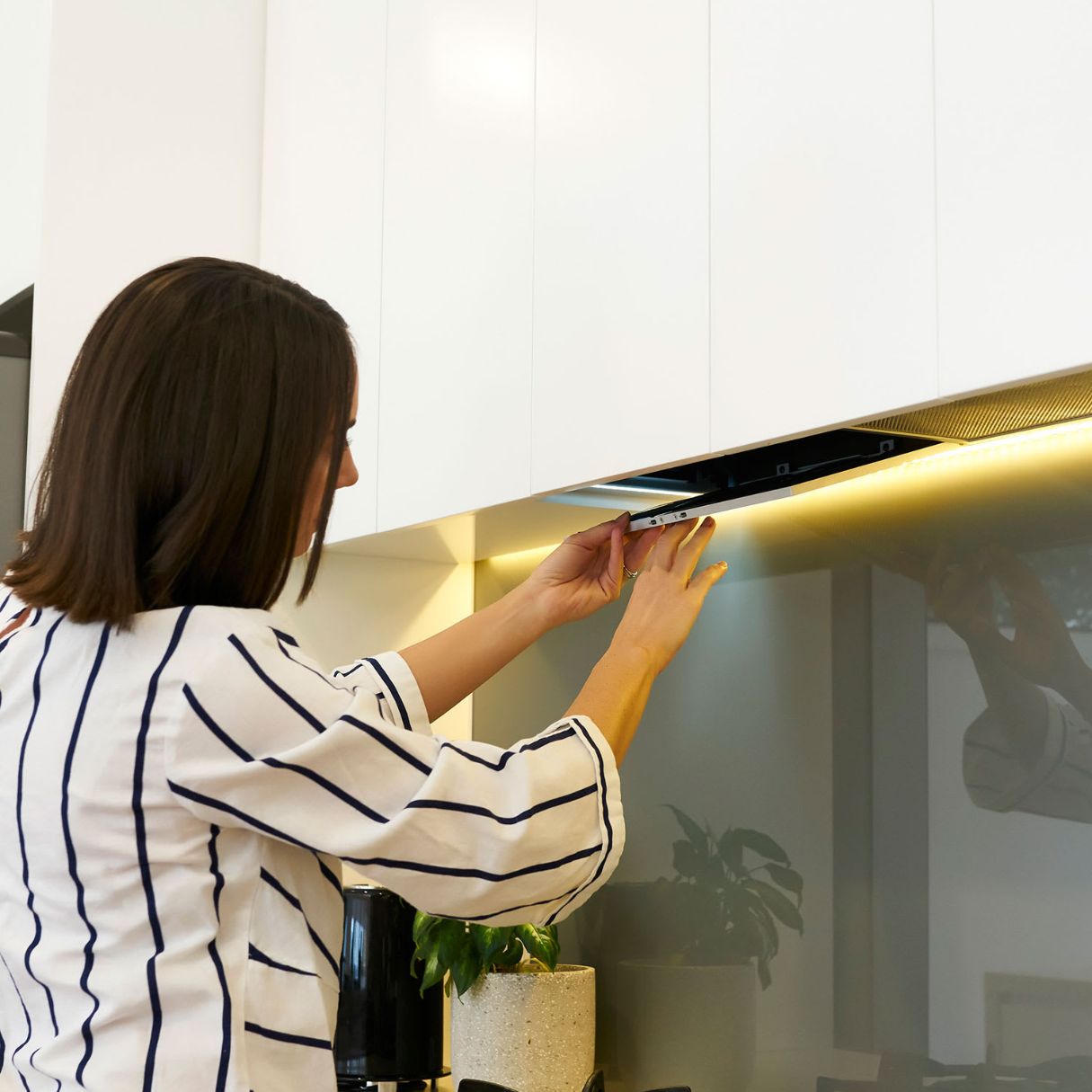

Articles
How Often Should Range Hood Filters Be Replaced
Modified: January 5, 2024
Discover how often you should replace range hood filters and keep your kitchen clean and healthy with our informative articles.
(Many of the links in this article redirect to a specific reviewed product. Your purchase of these products through affiliate links helps to generate commission for Storables.com, at no extra cost. Learn more)
Introduction
Range hood filters are an essential component of every kitchen ventilation system. They help to remove grease, smoke, and odors from the air, ensuring a clean and healthy cooking environment. Regularly replacing range hood filters is crucial for maintaining optimal performance and prolonging the lifespan of the appliance.
In this article, we will explore the importance of range hood filters, the various factors that determine their replacement frequency, and provide practical tips for replacing and maintaining them. Whether you are a homeowner or a professional chef, understanding how often you should replace your range hood filters is vital to ensure the efficiency and effectiveness of your kitchen ventilation system.
So, let’s dive in and learn more about the significance of range hood filters and how frequently they should be replaced.
Key Takeaways:
- Regularly replacing range hood filters is crucial for maintaining clean air quality, preventing grease buildup, and ensuring a healthy kitchen environment. Factors like cooking frequency and filter type influence the replacement frequency.
- Understanding the different types of range hood filters, recognizing signs that indicate replacement, and following manufacturer’s recommendations are essential for maintaining optimal performance and prolonging the lifespan of range hood filters.
Read more: How To Replace Range Hood Filter
Importance of Range Hood Filters
Range hood filters play a crucial role in maintaining clean air quality in your kitchen. When you cook, various byproducts such as smoke, grease, and odors are released into the air. Without a range hood filter, these pollutants can circulate throughout your kitchen and even beyond, affecting the air quality in your home. Here are some key reasons why range hood filters are important:
- Removal of grease: One of the primary functions of range hood filters is to capture and trap grease particles. Grease can accumulate on surfaces, such as cabinets and countertops, leading to a greasy film and unpleasant odors. By effectively capturing grease, range hood filters prevent greasy buildup and help maintain a clean and hygienic kitchen environment.
- Smoke extraction: Cooking can produce smoke, especially when using high heat or frying. Range hood filters are designed to capture and filter out smoke particles, preventing them from spreading throughout your kitchen and home. This not only helps keep the air clean and fresh but also reduces the risk of smoke-related hazards, such as triggering fire alarms.
- Odor elimination: Strong cooking odors can linger in your kitchen long after you’ve finished preparing your meals. Range hood filters can effectively trap and remove the odorous particles, ensuring that your kitchen smells fresh and inviting. This is particularly important if your kitchen is open and connected to other living spaces, as it helps to prevent odors from spreading throughout the house.
- Air purification: In addition to capturing grease, smoke, and odors, range hood filters also play a role in purifying the air. They help filter out impurities, such as dust, pollen, and allergens, creating a cleaner and healthier environment for you and your family. This is especially beneficial for individuals with respiratory issues, allergies, or sensitivities to airborne contaminants.
Overall, range hood filters are essential for maintaining good air quality, preventing the buildup of grease and odor, and improving the overall cleanliness of your kitchen. To ensure they continue to perform optimally, it is important to understand when and how often these filters should be replaced.
Factors Affecting Replacement Frequency
The frequency at which you should replace your range hood filters can vary depending on several factors. Understanding these factors will help you determine the optimal replacement schedule for your filters. Here are some key factors that can influence the replacement frequency:
- Cooking frequency: The more often you cook, the quicker your range hood filters will get saturated with grease, smoke, and other particles. If you are an avid cook or frequently prepare meals that involve frying or high-heat cooking, you may need to replace your filters more frequently, possibly every 2 to 3 months.
- Types of cooking: Different cooking methods produce varying levels of smoke, grease, and odors. For example, grilling and stir-frying tend to generate more smoke and grease compared to steaming or boiling. If you regularly engage in cooking techniques that produce more pollutants, you may need to replace your filters more often.
- Type of range hood: The type of range hood you have can also influence the replacement frequency. Ducted range hoods, which vent air to the outside, tend to accumulate less buildup on the filters compared to ductless or recirculating hoods. Ductless hoods use charcoal filters to absorb odors and may require more frequent replacement, usually every 6 months to a year.
- Quality of filters: The quality of the range hood filters can also impact how often they need to be replaced. Higher quality filters are typically more effective at capturing and trapping grease, smoke, and odors. They may last longer and require less frequent replacements compared to lower quality filters.
- Cooking habits and preferences: Your personal cooking habits and preferences can also influence the replacement frequency. If you tend to use your range hood consistently throughout your cooking process, it is more likely to capture pollutants efficiently. On the other hand, if you only use your range hood sporadically or at lower speeds, the filters may not get as dirty and may require less frequent replacements.
It is important to note that these factors are general guidelines and may vary based on individual circumstances. It is recommended to consult your range hood’s manual or manufacturer’s guidelines for specific recommendations on replacement frequency based on your appliance’s model and usage.
By considering these factors and being mindful of the condition of your range hood filters, you can determine a suitable replacement schedule that ensures optimal performance and maintains a clean and healthy kitchen environment.
Types of Range Hood Filters
Range hood filters come in different types, each with its own features and benefits. The type of filter you have will impact its effectiveness, maintenance requirements, and replacement frequency. Here are the most common types of range hood filters:
- Mesh/Aluminum Filters: Mesh or aluminum filters are the most common type found in range hoods. These filters are made of several layers of aluminum or stainless steel mesh. They are highly efficient in trapping grease and are relatively easy to maintain. Over time, these filters can become clogged with grease and require regular cleaning or replacement.
- Charcoal Filters: Charcoal filters, also known as carbon filters, are often used in ductless or recirculating range hoods. These filters are made from activated charcoal, which helps to absorb odor particles. Charcoal filters are effective in eliminating cooking odors but are not designed to capture grease or smoke particles. They typically need to be replaced every 6 months to a year.
- Baffle Filters: Baffle filters are commonly found in high-end or professional-grade range hoods. These filters are made of overlapping metal panels, usually stainless steel. Baffle filters are highly efficient in capturing grease and have a larger surface area compared to mesh filters, allowing for improved airflow. They are durable, dishwasher-safe, and typically require less frequent replacements.
- Disposable Filters: Disposable filters are made from non-woven polyester or paper materials. They are a cost-effective option commonly used in residential range hoods. These filters are easy to replace and discard when they become dirty or clogged. They are less effective in trapping grease compared to mesh or baffle filters and may need more frequent replacements.
- Washable Filters: Washable filters are typically made from aluminum or stainless steel mesh. As the name suggests, these filters can be cleaned and reused multiple times. They are a more sustainable option compared to disposable filters and may provide cost savings in the long run. However, washing and drying the filters properly is essential to maintain their effectiveness and prevent damage.
The type of range hood filter you have will depend on the model of your range hood and your specific needs. It is important to follow the manufacturer’s recommendations for maintenance and replacement to ensure the filters continue to function effectively.
Understanding the different types of range hood filters will help you make informed decisions when it comes to choosing, maintaining, and replacing your filters to ensure optimal performance and air quality in your kitchen.
Signs That Filters Need Replacement
Regularly replacing your range hood filters is essential to maintain optimal performance and ensure the air in your kitchen remains clean and free from pollutants. However, determining when it’s time to replace your filters can sometimes be challenging. Here are some signs that indicate your range hood filters may need replacement:
- Visible grease buildup: A clear sign that your filters need replacement is the presence of visible grease buildup. If you notice a thick layer of greasy residue on the filters, it is an indication that they are no longer effectively trapping grease particles. This can hinder their ability to filter out smoke and odors efficiently.
- Reduced suction power: If you notice a decrease in the suction power of your range hood, it could be an indication that the filters are clogged and need replacement. As the filters become clogged with grease and other debris, they restrict the airflow, which can reduce the effectiveness of your ventilation system.
- Strong odors: If you start noticing lingering cooking odors in your kitchen, even after using the range hood, it may be a sign that the filters are no longer effectively neutralizing odorous particles. This can occur when the filters become saturated with odors or when the charcoal filters (if applicable) have reached their lifespan.
- Inefficiency in removing smoke: The primary function of range hood filters is to capture and remove smoke generated during cooking. If you find that your range hood is no longer effectively removing smoke from your kitchen, it could be an indication that the filters need replacement.
- Increased cooking time: If you notice that it takes longer for your cooking area to clear of smoke or for odors to dissipate, it may be a sign that your filters are due for replacement. Filters that are clogged or have reached the end of their lifespan can prolong the time it takes for your range hood to work effectively.
- Unpleasant smells or poor air quality: If you experience a persistent unpleasant smell in your kitchen or if the air quality feels stuffy or stale, it could be a sign that your range hood filters are no longer efficiently removing pollutants from the air.
It’s important to pay attention to these signs and inspect your range hood filters regularly. Most manufacturers provide guidelines on the recommended replacement intervals based on your usage and filter type. Adhering to these recommendations will help ensure that your range hood continues to function effectively and maintain a clean and healthy kitchen environment.
Range hood filters should be replaced every 3-6 months, depending on usage. Regular replacement ensures efficient ventilation and prevents grease buildup.
Recommended Replacement Intervals
The frequency at which you should replace your range hood filters will depend on factors such as cooking habits, filter type, and the manufacturer’s recommendations. While specific replacement intervals may vary, here are some general guidelines for the recommended replacement intervals:
- Mesh/Aluminum Filters: Mesh or aluminum filters should typically be cleaned or replaced every 2 to 3 months, especially if you cook frequently or engage in high-heat cooking methods. Regular maintenance is essential to prevent grease buildup, which can reduce the efficiency of the filters.
- Charcoal Filters: Charcoal filters are typically effective for about 6 months to a year, depending on usage and the intensity of cooking odors. However, it’s important to refer to the manufacturer’s recommendations as some models may require more frequent replacements.
- Baffle Filters: Baffle filters are known for their durability and efficiency. They usually require less frequent replacements compared to mesh filters. A general guideline is to clean or replace baffle filters every 6 to 12 months, although the specific timeframe may vary based on usage and cooking practices.
- Disposable Filters: Disposable filters are designed to be replaced entirely rather than cleaned. Depending on your cooking frequency and intensity, disposable filters may need replacement every 1 to 3 months. Regularly check the condition of the filters and replace them when they become dirty or clogged.
- Washable Filters: Washable filters can be reused multiple times after proper cleaning. Depending on usage and cooking habits, washable filters should be cleaned every 1 to 3 months to maintain their efficiency. Regularly inspect the filters for grease buildup or damage, and replace them as needed.
It is important to note that these replacement intervals are general guidelines. Your specific circumstances, such as the intensity of your cooking and the type of range hood you have, may require more frequent or less frequent replacements. It is always best to refer to your range hood’s manual or the manufacturer’s recommendations for precise guidance.
Regularly inspecting, cleaning, and replacing your range hood filters in a timely manner will help ensure optimal performance, efficient air purification, and a cleaner and healthier kitchen environment. Neglecting to replace filters when necessary can result in decreased performance, increased energy consumption, and poor air quality.
How to Replace Range Hood Filters
Replacing your range hood filters is a straightforward process that can be done with a few simple steps. Here is a general guide on how to replace range hood filters:
- Turn off the range hood: Before beginning any work, ensure that the range hood is turned off and unplugged from the power source. This will prevent any accidents or damage while working on the filters.
- Access the filters: Depending on the type and model of your range hood, the filters may be located behind a panel or inside the hood itself. Refer to your range hood’s manual to determine how to access the filters. For most range hoods, the filters can be accessed by removing the front panel or sliding the filter assembly out from the underside of the hood.
- Remove the old filters: Once you have accessed the filters, carefully remove them from their housing. Depending on the type of filters, you may need to unscrew them, unclip them, or simply slide them out.
- Clean the area: Before installing the new filters, take a moment to clean the filter housing and the surrounding area. Use a damp cloth or a mild cleaner to remove any dirt, grease, or debris that may have accumulated.
- Install the new filters: Take the new filters and align them properly with the filter housing. Follow the manufacturer’s instructions for the correct orientation and placement of the filters. Ensure that the filters fit securely in the housing and are properly seated.
- Secure the filters: If the filters require securing, such as with screws or clips, make sure to attach them securely to prevent any movement or dislodging during operation. This will ensure that the filters stay in place and maintain their effectiveness.
- Close and secure the panel: If you had to remove any front panels or access panels to replace the filters, reattach them securely. Ensure that they are properly aligned and fastened to the range hood.
- Test the range hood: Once you have replaced the filters and closed any panels, plug in the range hood and turn it on to ensure that it is functioning properly. Listen for any unusual noises, check for proper suction, and make sure the air is being properly vented or recirculated.
Remember to consult your range hood’s manual for specific instructions related to your model. Different range hoods may have slight variations in the filter replacement process. Additionally, always follow safety precautions and ensure that the range hood is turned off and unplugged before working on the filters.
By regularly replacing your range hood filters and following the manufacturer’s guidelines, you can maintain the efficiency and effectiveness of your range hood, ensuring a clean and healthy kitchen environment.
Common Mistakes to Avoid
When it comes to replacing range hood filters, there are some common mistakes that people often make. These mistakes can affect the performance of your range hood and compromise the air quality in your kitchen. Here are some common mistakes to avoid when replacing your range hood filters:
- Failure to turn off the range hood: Always make sure to turn off and unplug the range hood before starting any work. Working on the range hood while it is still connected to power can be dangerous and increase the risk of electrical shock.
- Not following manufacturer’s instructions: Each range hood model may have specific instructions and recommendations for replacing filters. It is important to thoroughly read and follow the manufacturer’s instructions to ensure that the filters are installed correctly and the range hood operates efficiently.
- Not cleaning the filter housing: Before replacing the filters, take the time to clean the filter housing and surrounding area. Grease and debris can accumulate in the housing, reducing the efficiency of the new filters. Cleaning the housing ensures that the new filters can function optimally.
- Using the wrong type of filters: It is crucial to use the correct type of filters for your range hood. Using filters that are not compatible with your range hood can lead to poor performance and potential damage to the appliance. Refer to your range hood’s manual or consult with the manufacturer to ensure you are using the appropriate filters.
- Skipping regular maintenance: Replacing the filters is just one aspect of range hood maintenance. It is important to regularly clean and maintain other parts of the range hood, such as the fan and vent, to ensure optimal performance and prolong the lifespan of the appliance.
- Ignoring signs of filter replacement: It is essential to pay attention to signs that indicate the need for filter replacement, such as reduced suction, visible buildup, or lingering odors. Ignoring these signs and not replacing the filters in a timely manner can impair the performance of your range hood and lead to poor air quality in your kitchen.
- Not keeping a replacement schedule: It is helpful to establish a schedule for replacing your range hood filters based on usage and manufacturer’s recommendations. Setting reminders or noting the replacement dates can help ensure that you maintain a consistent and effective filter replacement routine.
By avoiding these common mistakes, you can ensure that your range hood operates at its best, providing efficient ventilation and maintaining clean air in your kitchen. Taking the time to install the filters correctly and following proper maintenance practices will help you get the most out of your range hood and improve the overall air quality in your home.
Maintenance Tips for Prolonging Filter Lifespan
Proper maintenance is essential to prolonging the lifespan of your range hood filters. By taking proactive steps to care for your filters, you can ensure their optimal performance and save money on frequent replacements. Here are some maintenance tips to help you prolong the lifespan of your range hood filters:
- Regular cleaning: Depending on the type of filters you have, regular cleaning can help extend their lifespan. Mesh or baffle filters can often be cleaned with hot soapy water or placed in the dishwasher. Washable filters should be cleaned every 1 to 3 months to remove grease and debris buildup that can hinder their effectiveness.
- Follow manufacturer’s instructions: Always refer to the manufacturer’s instructions for specific cleaning and maintenance guidelines. Some filters may have specific instructions on cleaning products to use or how to properly handle and wash them. Following these instructions ensures that you maintain the filters’ functionality without causing any damage.
- Frequent grease removal: Grease buildup on range hood filters can reduce their effectiveness and restrict airflow. Regularly remove excess grease from your range hood and filters by using a degreaser or wiping them down with a cloth. This prevents grease from accumulating and prolongs the lifespan of your filters.
- Use proper cooking techniques: Certain cooking techniques, such as frying or grilling, tend to generate more grease and smoke. While it’s not always possible to avoid these methods, adjusting your cooking techniques, using lids on pots, or using lower heat settings can help minimize the release of grease and other particles. This, in turn, reduces the workload on your filters.
- Install an additional pre-filter: Adding a pre-filter, such as a mesh screen or disposable filter, can help catch larger particles and protect your main range hood filters. These pre-filters can be cleaned or replaced more frequently without having to clean or replace the main filters as often. This can significantly prolong the lifespan of your main filters.
- Regular range hood cleaning: Keeping the entire range hood clean, including the fan and vent, can help prevent excessive buildup of grease and debris. Regularly clean the exterior surfaces and wipe down the interior to minimize grease accumulation. This will reduce the strain on the filters and prolong their lifespan.
- Schedule professional maintenance: In addition to regular DIY maintenance, it is recommended to schedule professional maintenance for your range hood. A professional technician can inspect and clean your range hood thoroughly, perform any necessary repairs, and ensure that the filters and ventilation system are functioning optimally.
By following these maintenance tips, you can keep your range hood filters in excellent condition and prolong their lifespan. Regular cleaning, proper cooking techniques, and overall care for your range hood will ensure that it continues to provide efficient ventilation and maintain a clean and healthy kitchen environment.
Conclusion
Range hood filters play a vital role in maintaining clean and healthy air in your kitchen. By effectively capturing grease, smoke, and odors, these filters ensure that your cooking environment remains fresh and free from airborne pollutants. Understanding how often you should replace your range hood filters is crucial for maintaining optimal performance and ensuring the longevity of your appliance.
In this article, we’ve discussed the importance of range hood filters in removing grease, smoke, and odors. We’ve explored the factors that can affect the replacement frequency of these filters, such as cooking habits, filter types, and the quality of filters. Additionally, we’ve provided guidance on the different types of range hood filters and the signs that indicate the need for replacement.
Following the manufacturer’s recommendations, we’ve outlined the recommended replacement intervals for various filter types. By adhering to these guidelines, you can maintain the efficiency of your range hood and ensure a clean and healthy kitchen environment.
We’ve also provided a step-by-step guide on how to replace range hood filters, as well as highlighted common mistakes to avoid during the replacement process. Additionally, we’ve shared maintenance tips to help prolong the lifespan of your filters, including regular cleaning, proper cooking techniques, and scheduling professional maintenance.
Remember, regular maintenance and timely replacement of range hood filters are essential for optimal performance and maintaining clean air in your kitchen. By taking proactive measures and following the recommended guidelines, you can ensure that your range hood filters continue to function effectively, providing you with a comfortable and healthy cooking environment.
So, whether you are a homeowner or a professional chef, make sure to prioritize the care and maintenance of your range hood filters. With proper maintenance and timely replacements, you can enjoy clean air and a pleasant cooking experience for years to come.
Frequently Asked Questions about How Often Should Range Hood Filters Be Replaced
Was this page helpful?
At Storables.com, we guarantee accurate and reliable information. Our content, validated by Expert Board Contributors, is crafted following stringent Editorial Policies. We're committed to providing you with well-researched, expert-backed insights for all your informational needs.
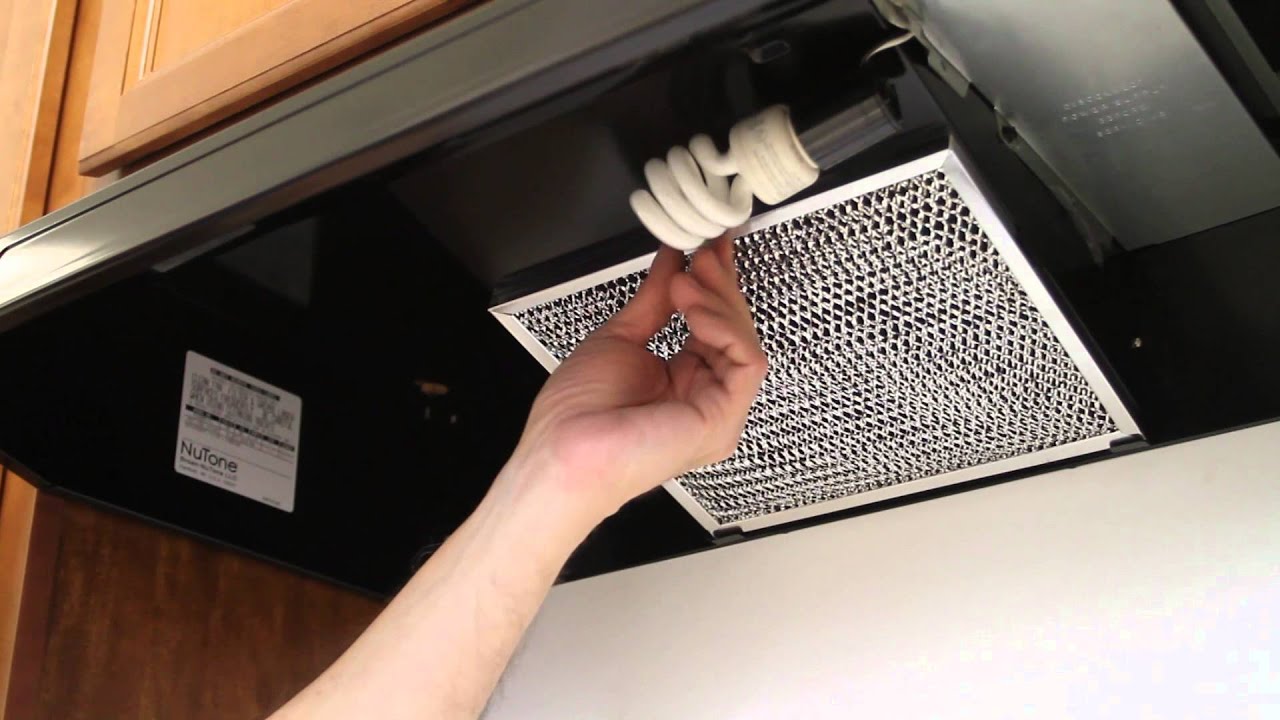
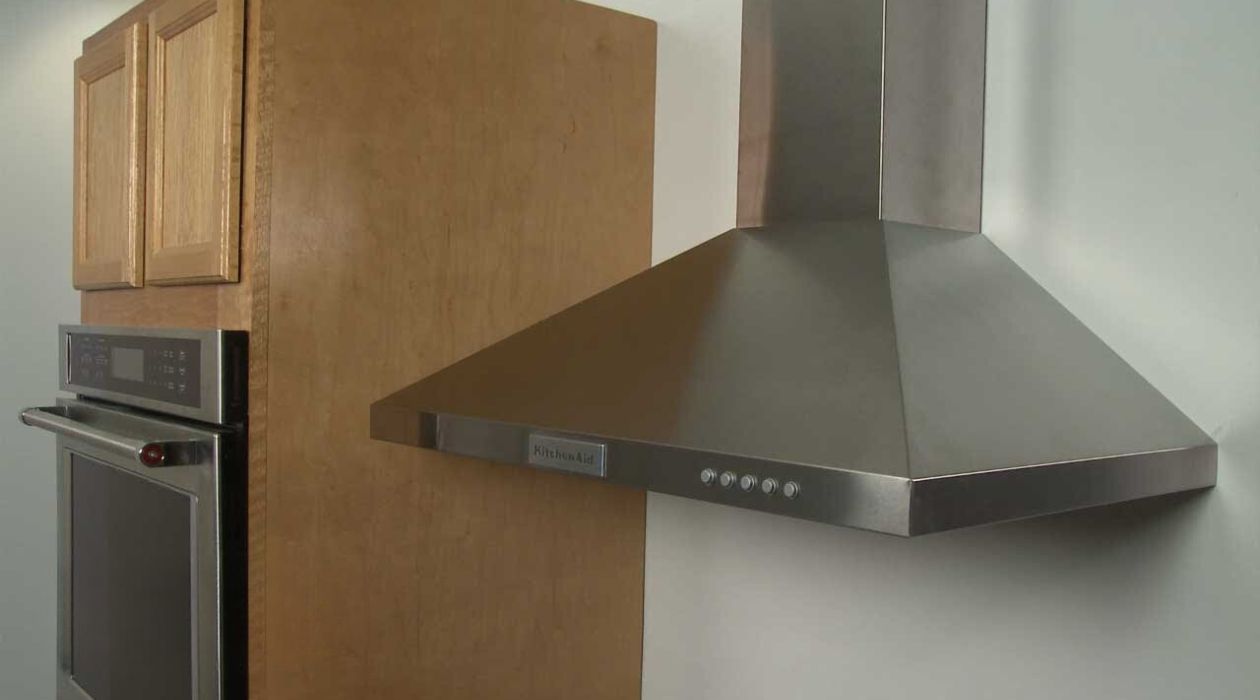
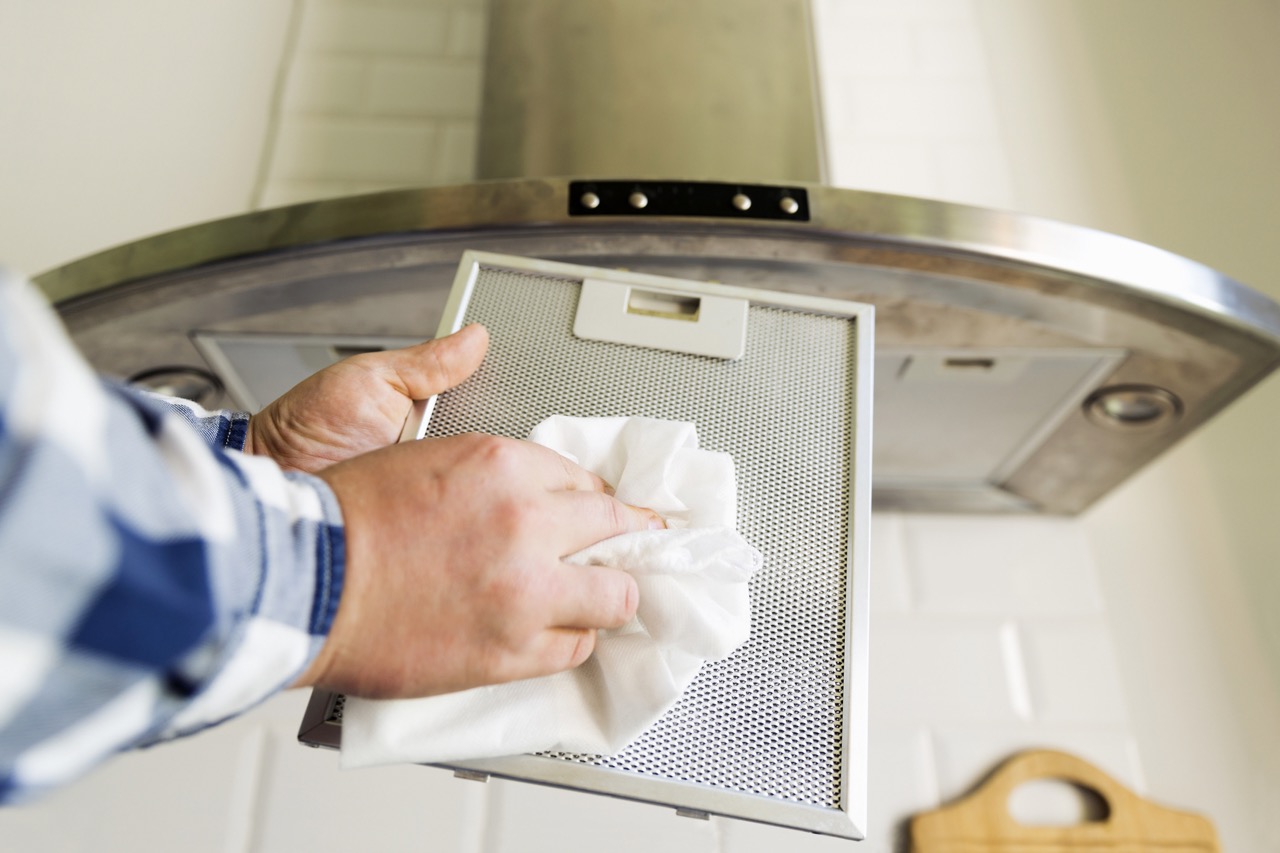
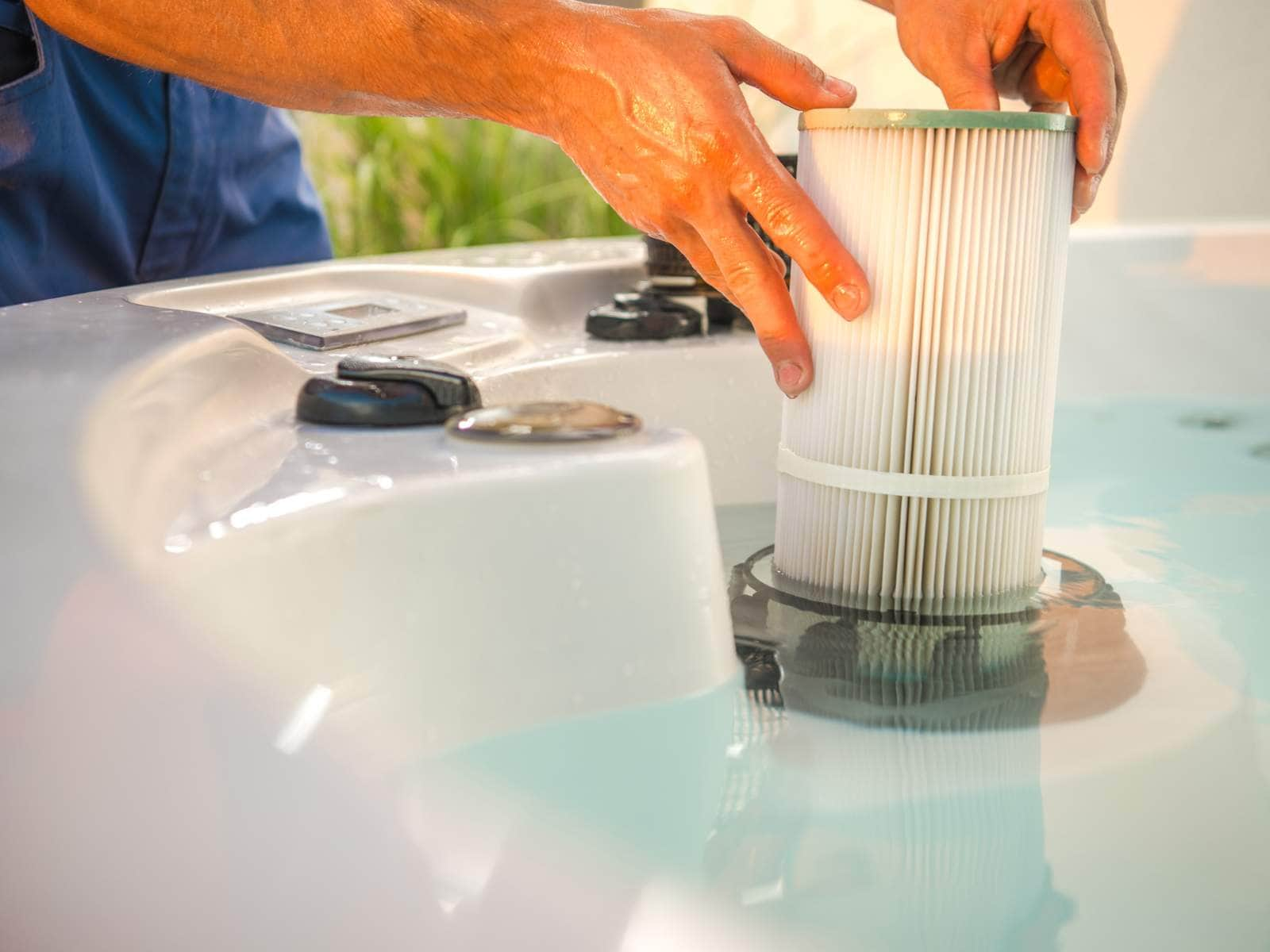
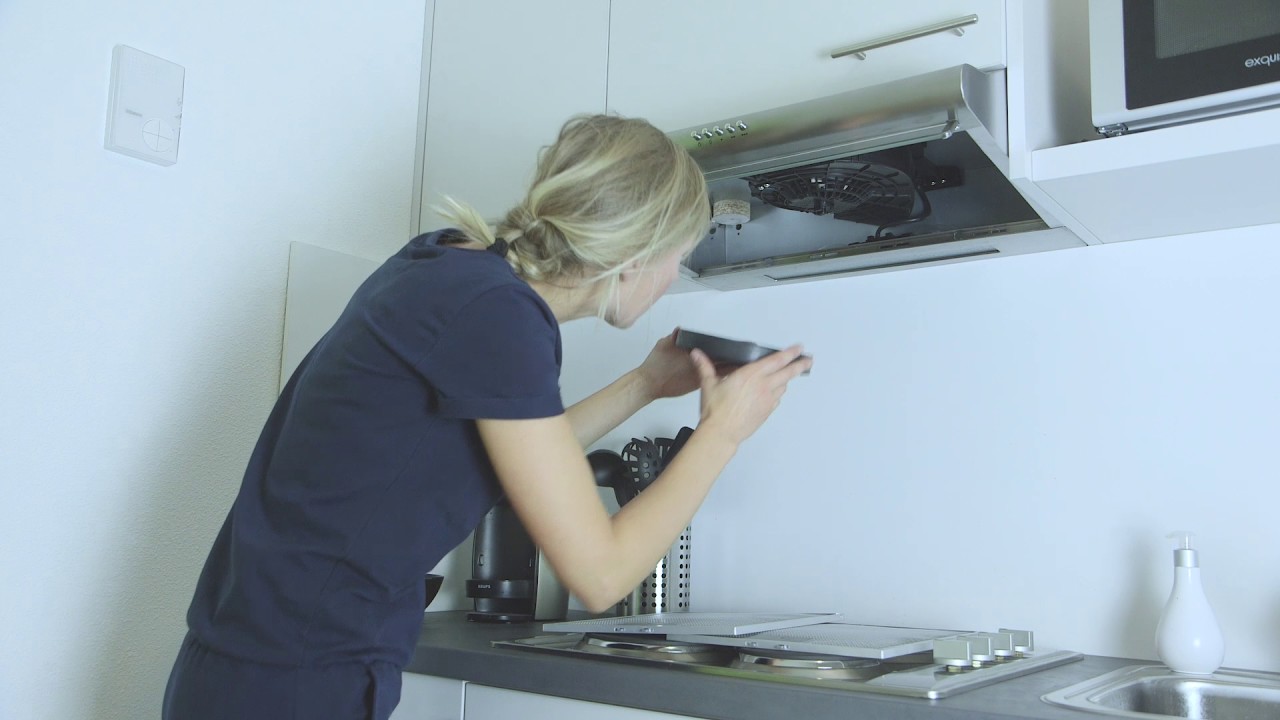
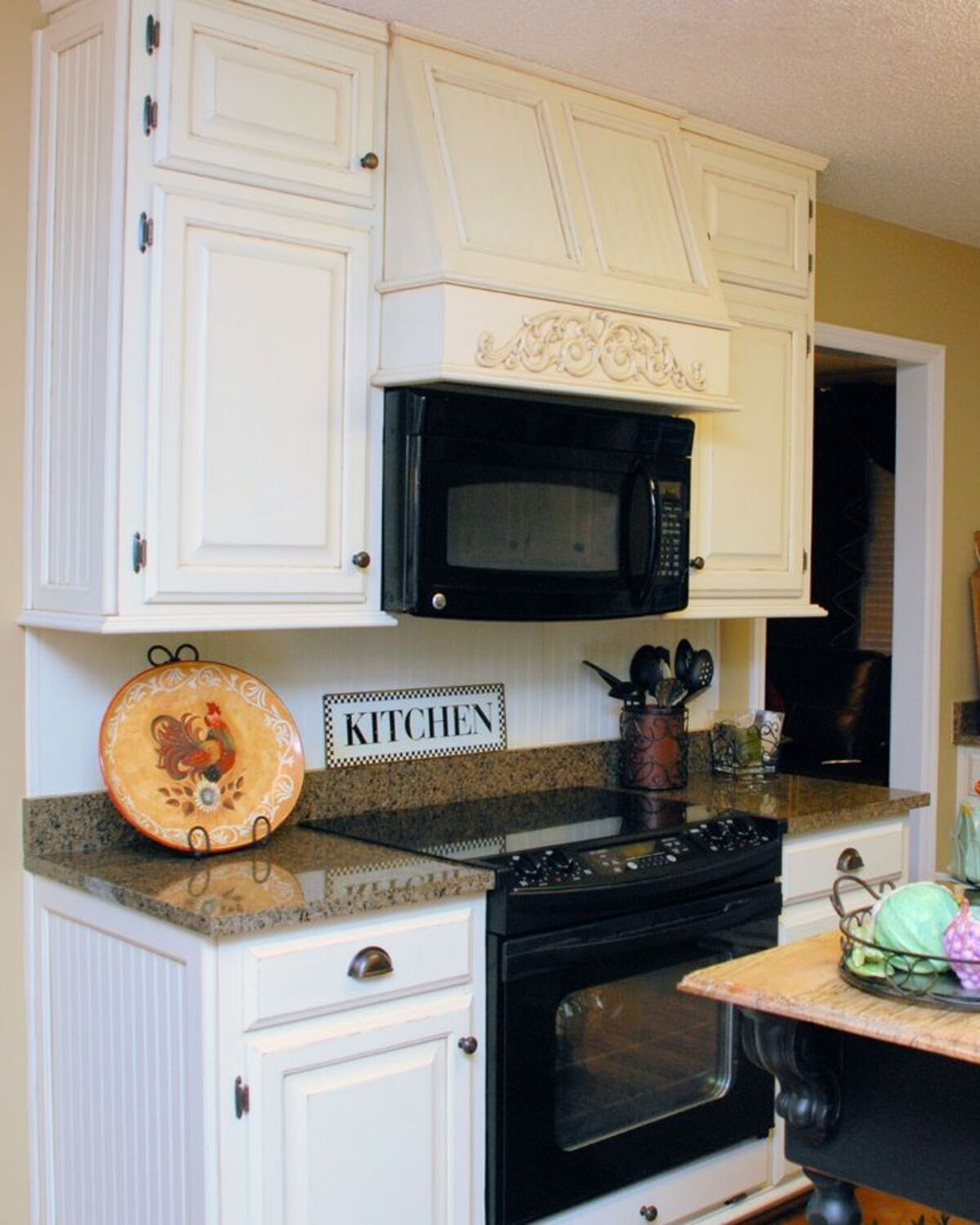
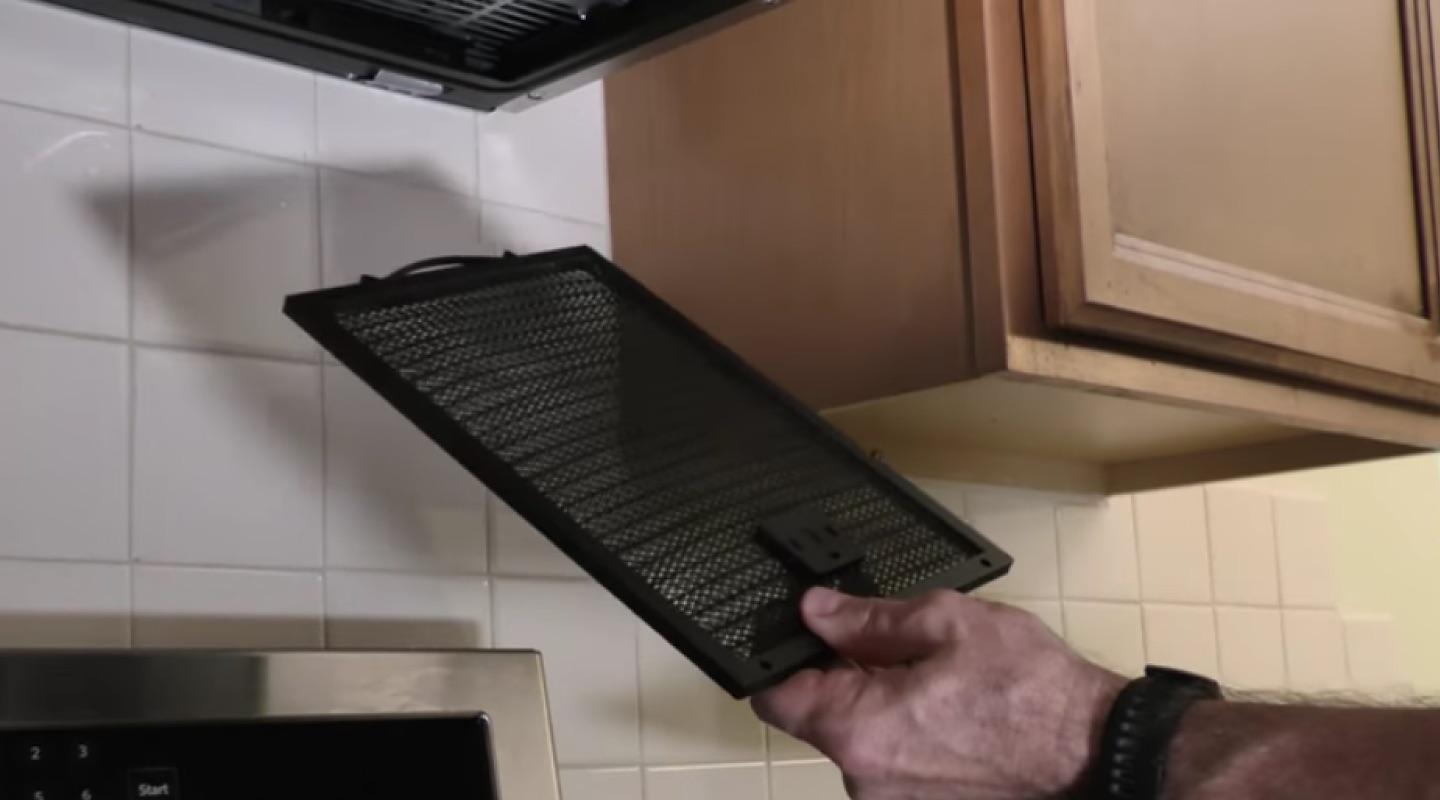
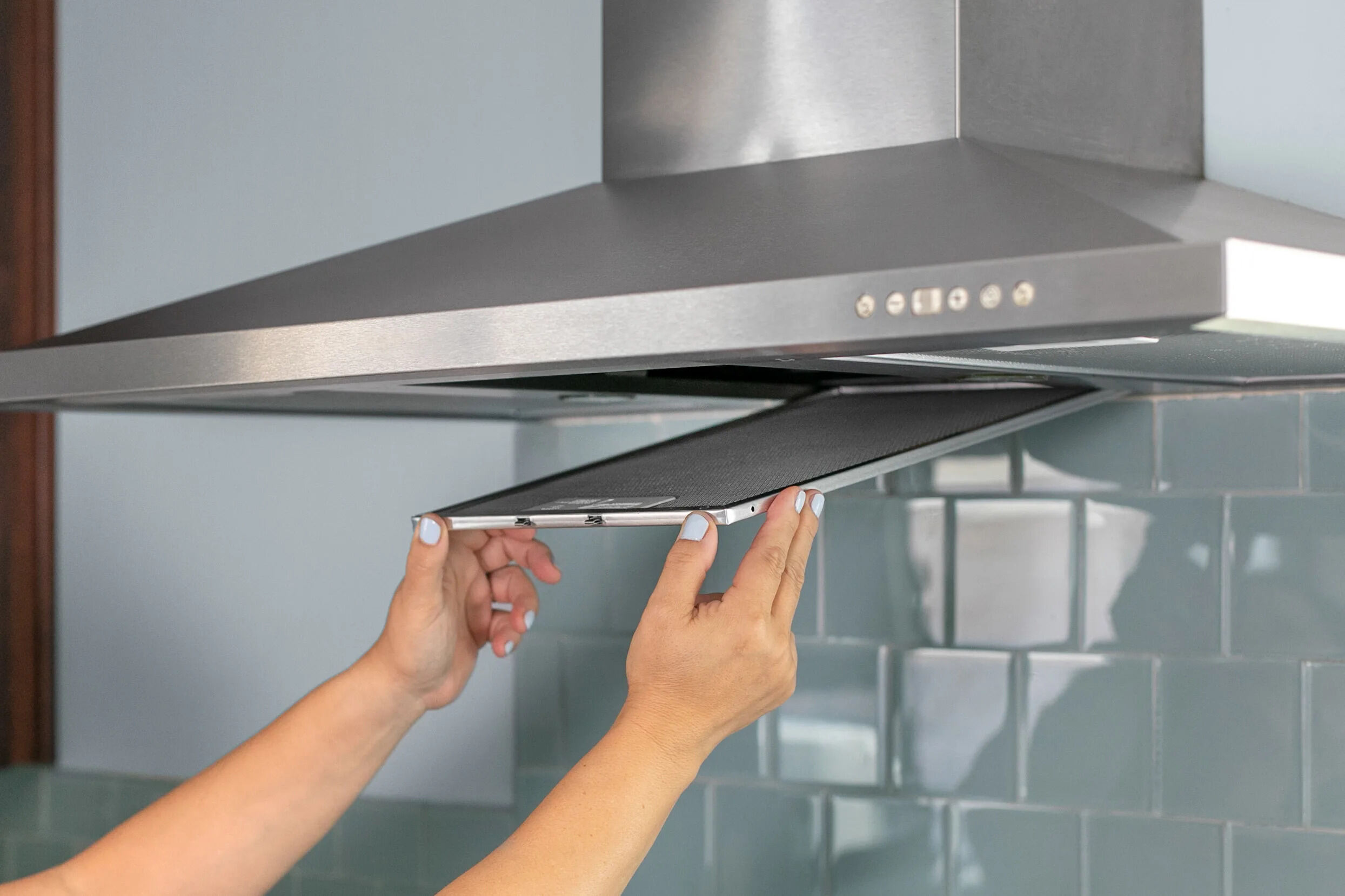
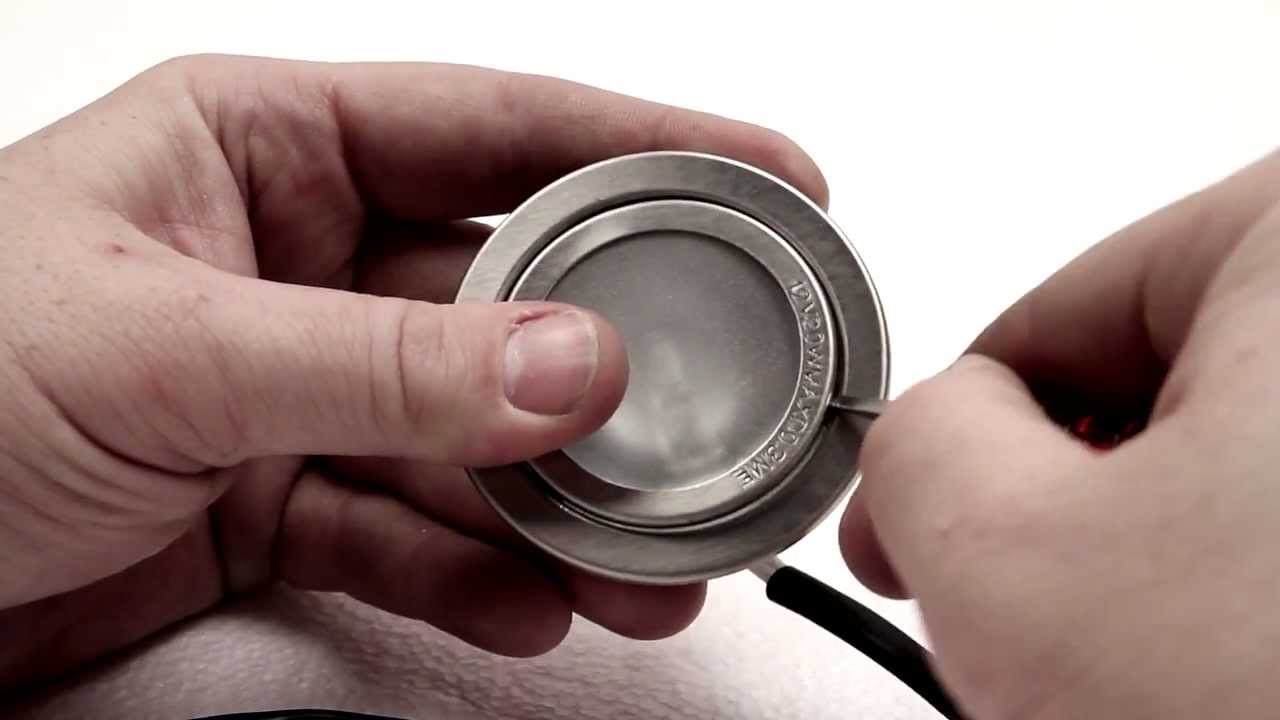
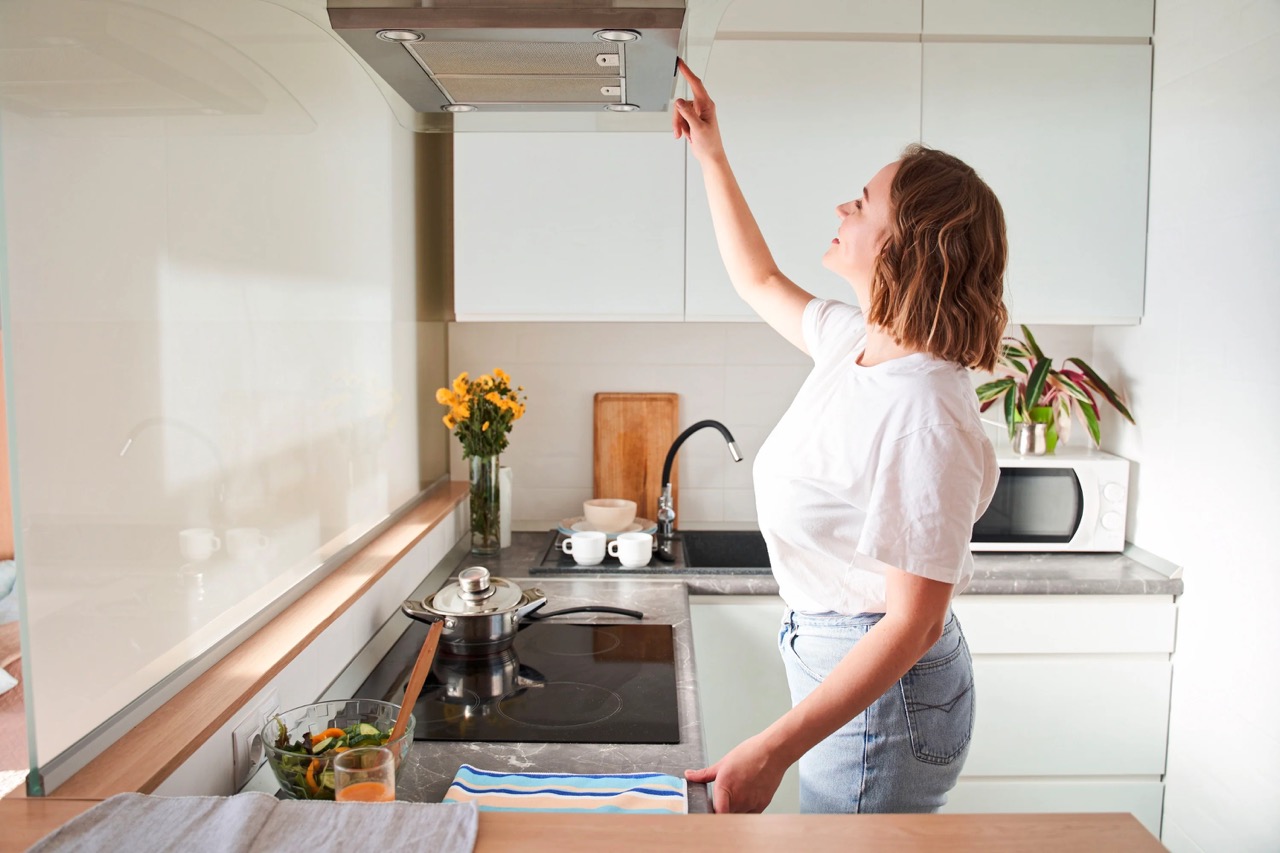
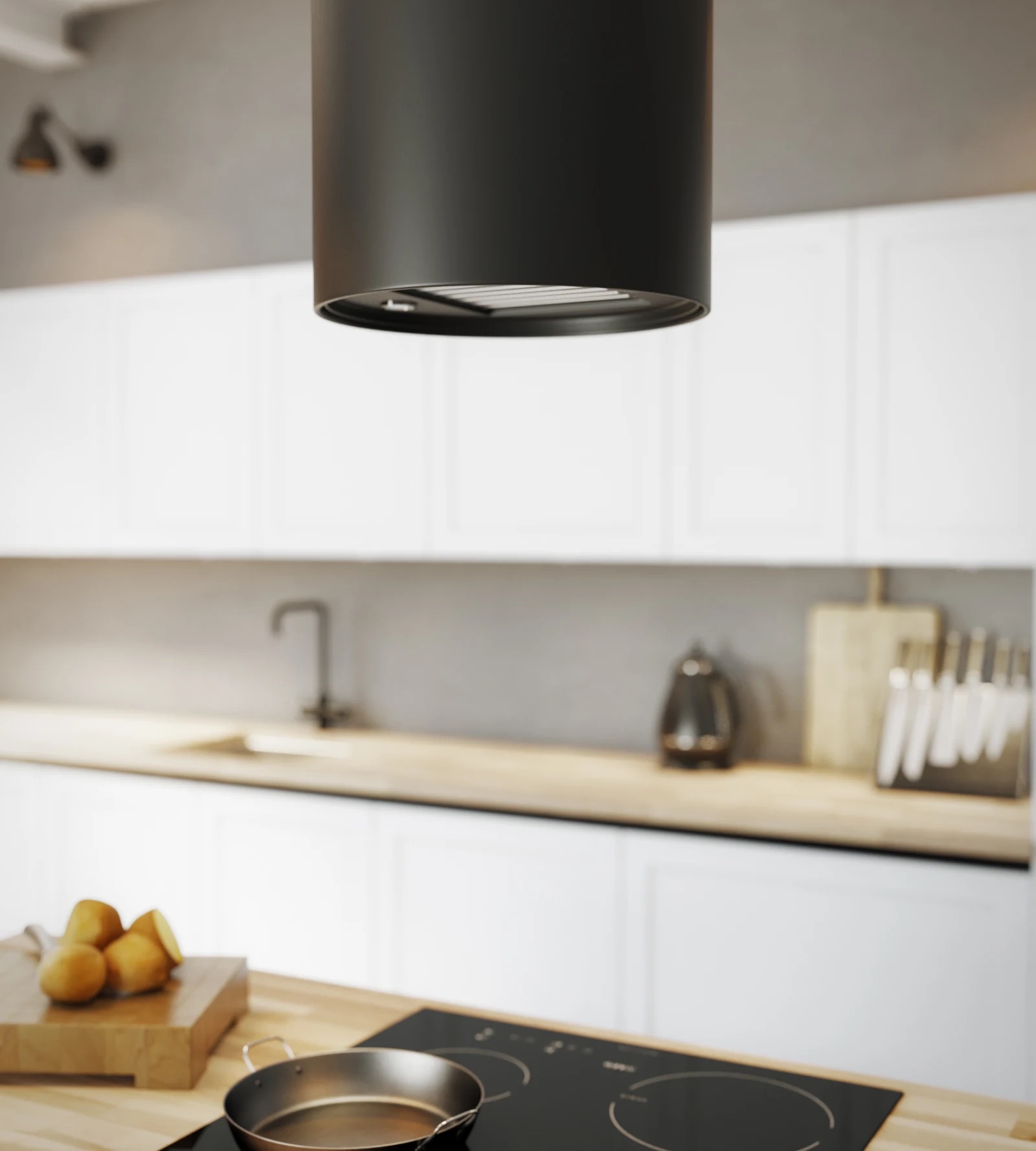
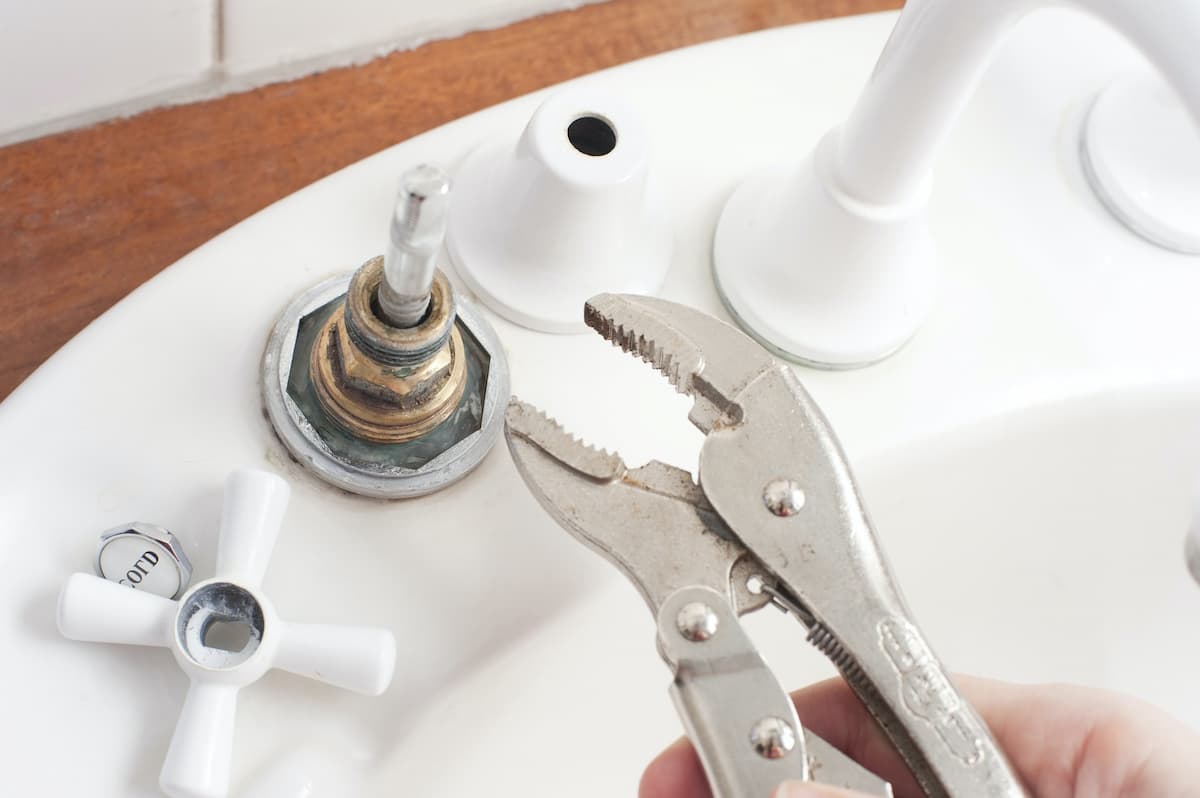
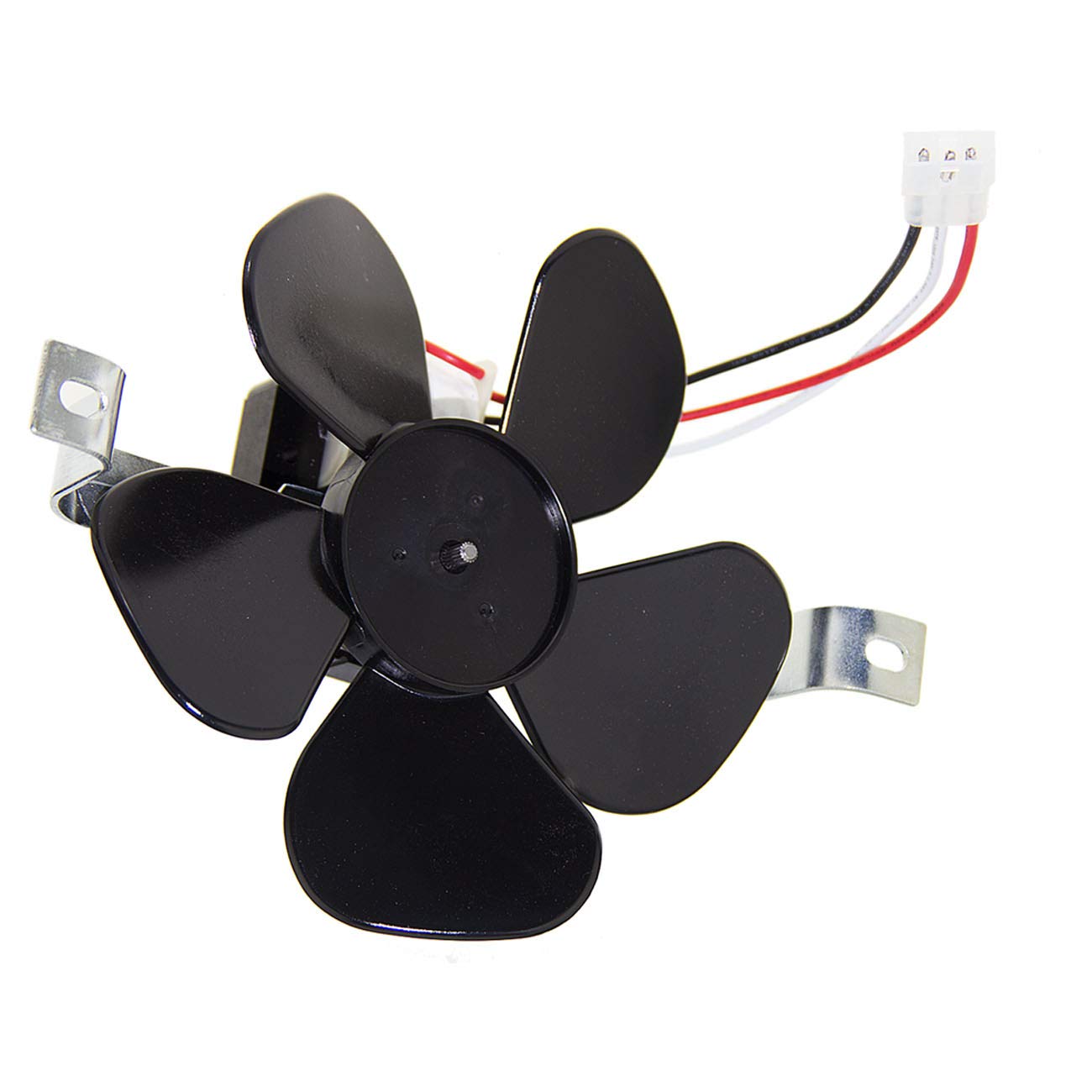

0 thoughts on “How Often Should Range Hood Filters Be Replaced”